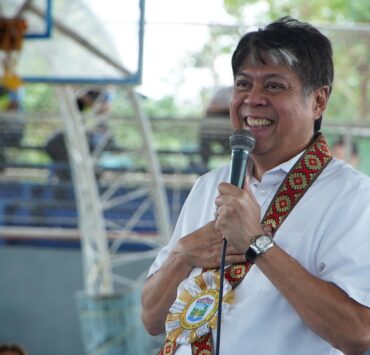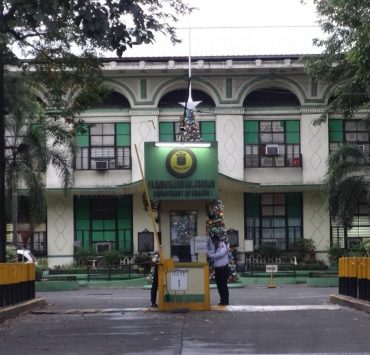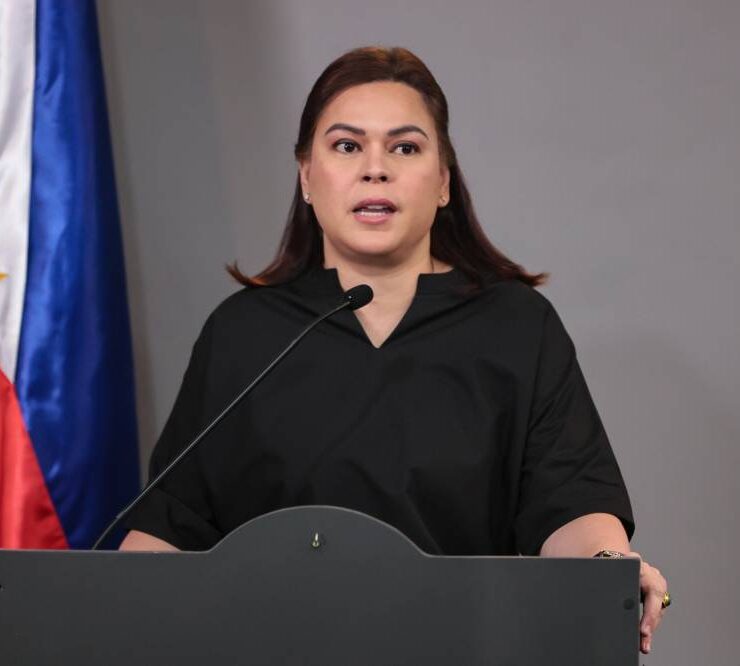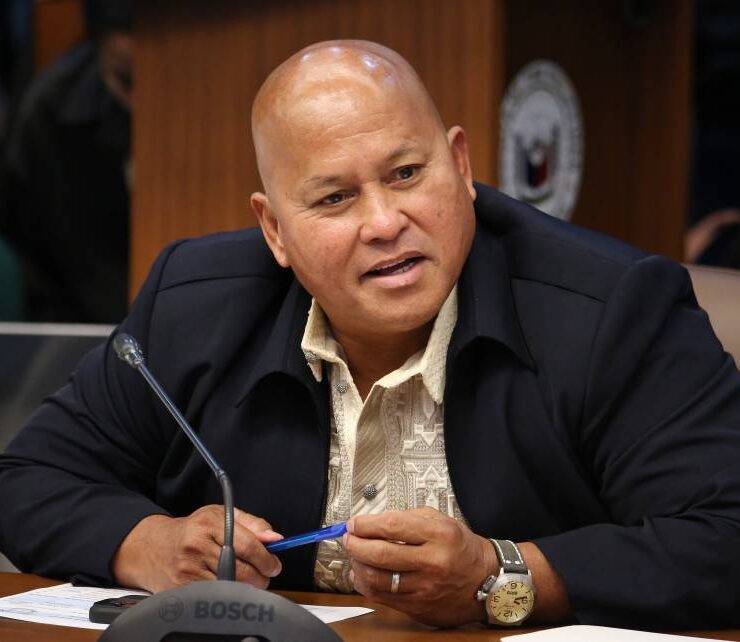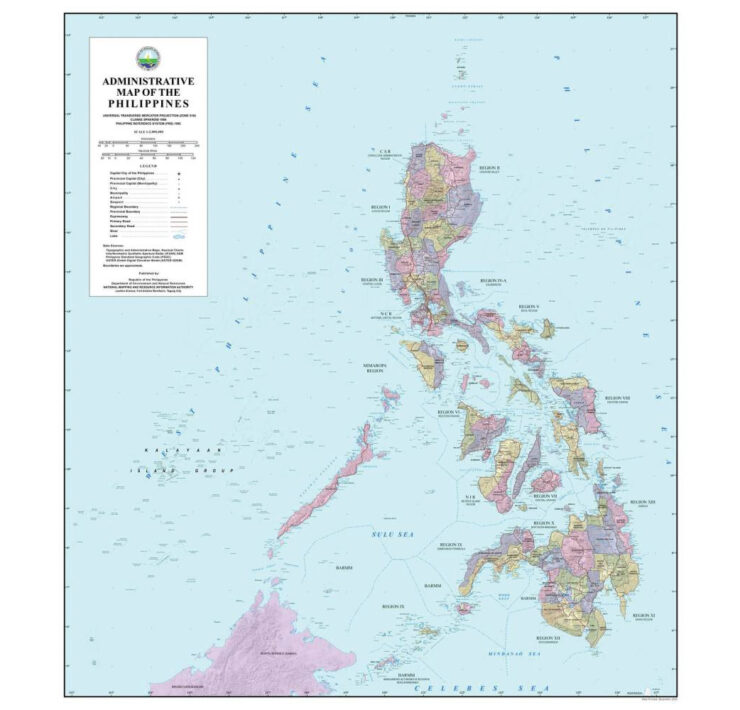Rights group: Drug war continues despite ‘bloodless’ drive
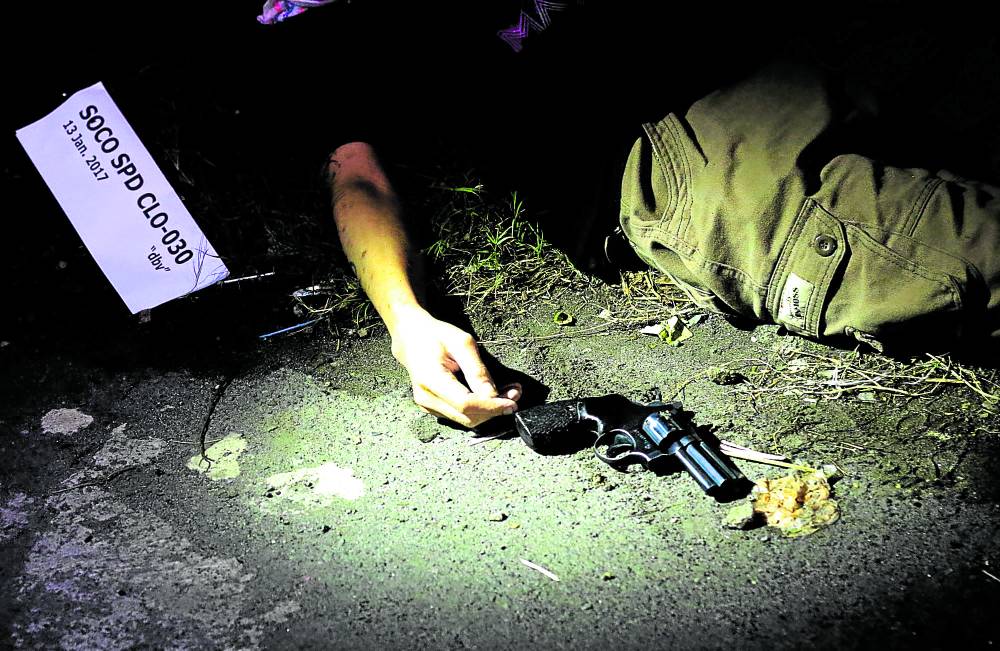
If President Marcos really wants to be recognized as a human rights defender, his administration should at the very least get rid of the drug war policy set by his predecessor, former President Rodrigo Duterte, and start viewing the problem of illegal drugs as a public health issue.
“The officials of the Marcos administration should not pat themselves on the back just because there are fewer drug suspects killed in its drug war. People are still being killed by law enforcement agencies when it should not be the case,” Carlos Conde, a senior researcher of Human Rights Watch (HRW)-Asia Division which monitors the Philippine situation, told the Inquirer.
Conde believes that drug killings continue despite the government’s pivot to a “bloodless” antidrug drive.
Spike in drug haul
“The challenge for Mr. Marcos is [to] once and for all remove drug war as a policy,” he said.
Authorities have officially acknowledged that there were over 6,000 drug-related killings under Duterte although rights groups, including HRW, believe the real number may be as much as 30,000.
In a news release last month, Malacañang touted the gains of the government’s “peaceful” drug war, including the seizure of P82.58 billion worth of “shabu” (crystal meth) and other illegal drugs in Mr. Marcos’ first three years.
This was more than double the P34.75 billion worth of drugs seized during the same period under Duterte and around 90 percent of the P91.06-billion total drug haul under his presidency.
‘Nanlaban’ cases
Data from the Philippine Drug Enforcement Agency also showed that in the past three years under Mr. Marcos, 271 drug personalities were killed in operations compared to 5,552 during Duterte’s first three years as president, mostly poor people whom the police claimed reportedly fought back or “nanlaban.”
But independent monitors including the Dahas project of the Third World Studies Center of the University of the Philippines and the Development Studies of Ghent University in Belgium present a much higher death toll under Marcos.
They cited a total of 1,009 drug-related killings, including those carried out by vigilantes and unidentified assailants, since he assumed power.
Conde fears the number may go up after the President also ordered the police to go after street level or “small-time” drug pushers.
No accountability
While the police have been instructed to avoid using unnecessary force in their operations, Conde cited their history of violating operation guidelines.
“How will we trust the Philippine National Police if many of their personnel who have been involved in Duterte’s drug war killings remain unpunished, or have not faced accountability in terms of their past transgressions?” Conde said.
“Of the 271 people who were killed in drug operations during the first three years, how many have been investigated by the government? Were these investigated in the first place?” he added.
Change of mindset
While he gave credit to the administration for pushing an antidrug campaign that operates “within the framework of the law and with respect for human rights and with focus on rehabilitation and socio-economic development,” he also pushed for a change in mindset.
From looking at illegal drugs as a public safety and crime issue, the government should start viewing it as a public health issue, Conde said as he urged it to adopt “harm reduction” in its drug reform and rehabilitation policy.
According to him, many countries now see “drug users [as] not as a problem to be killed or swept away, but as people that need help and support to improve their lives.”
Grassroots and community-based rehabilitation for drug users should be the norm, and not the current policy of locking them up, away from their families and communities, Conde said.














